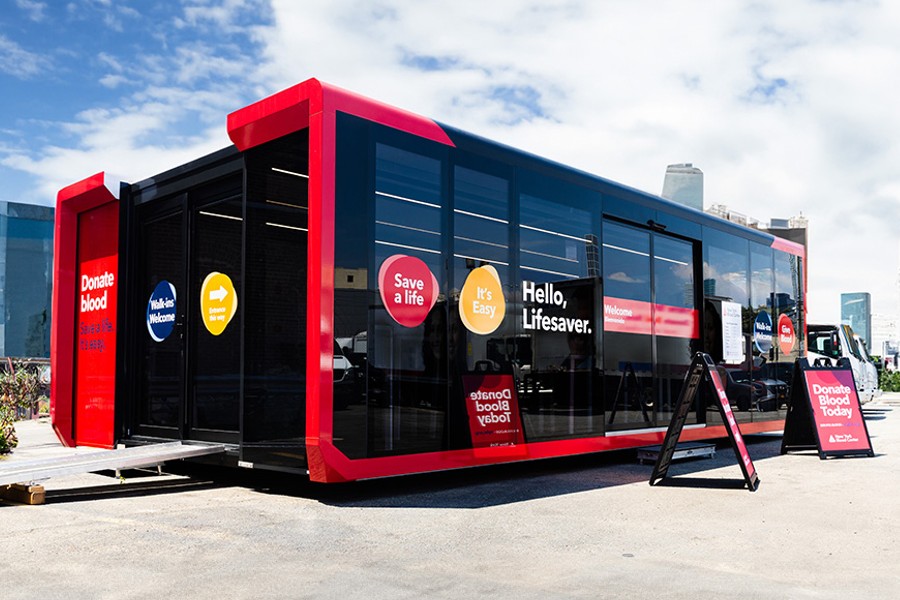
Understanding the difference between substance abuse, use disorders, and addiction may seem trivial, but the differences are central to seeking the correct treatment options for people seeking therapy.
Symptoms of use and abuse disorders and developing addictions include these behavioral changes;
- Impulse control issues
- Lack of motivation
- Disinterest in previous things that were of interest or brought joy
- Secretive behaviors
- Changes in social circles
- Mood changes, mania, depression, and irritability
- Unusually high levels of energy or lethargy
- Appetite changes and sudden weight loss
- Sleep disorders
- Anxiety and other mental disorders
- Changes in teeth and hair color
- Smelly breath
- Physical changes and disinterest in appearance
Not all symptoms are proof of addiction or abuse, but they are tell-tale signs that mental health is changing, so getting a professional diagnosis is the first step toward wellness. Then, of course, in most cases, the individual will need to voluntarily seek help, except where there are instances of physical threat to self or others, then involuntary service may be necessary.
Substance Use Disorders
Substance use disorders are defined as one of many mental disorders affecting a person’s brain and behavior. These disorders may create a situation where a person lacks control over substance use.
There are many different types of substance use disorders ranging from alcohol to over-the-counter drugs to prescription medications and illicit drugs.
Types of substance use disorders fall under eight different classifications;
- Alcohol use disorder
- Nicotine use
- Stimulant use disorder – cocaine, methamphetamine
- Inhalant use disorder
- Opioid use disorder
- Sedative – Ambien, carbamates, or barbiturates
- Cannabis use disorder – aka marijuana use disorder
- Phencyclidine and other hallucinogens
In moderate symptoms, treatment options are more varied, while in more extreme cases, treatment options are more stringent, often needing supervision by medical professionals.
For example, a person struggling with nicotine use and looking to quit smoking may need medical help due to a physical and psychological dependence on nicotine.
In most cases, quitting on one’s own is possible but can be very difficult so nicotine addiction will require some medical supervision.
Substance Abuse
Substance abuse is when a person uses alcohol or illicit drugs often and in larger quantities than occasional consumption. The basic definition is the overindulgence of a substance rather than single alcohol or drug.
Substance abuse can cause long-term physical and psychological damage to the body and can be an underlying symptom of substance addiction.
Symptoms of substance abuse mirror substance use disorders, but with one significant difference. While substance use disorders focus on single substances, substance abusers may consume and use multiple substances. In other words, substance abuse is not a singular substance, but the actions of using that define the abuse.
Symptoms of substance abuse may look like this;
- Cravings include the physical need to consume
- Investing a significant amount of time and prioritizing a person’s life around using and consuming the substances
- Continuing consumption even when recognizing issues and dependencies exist
- Loss of quality of life
- Lack of motivation, joy, and pleasure even when using substances
- Mood and behavioral changes
Substance Addiction
Substance addiction becomes the logical next step when substance use disorders and abuse occur.
In most cases, substance addiction impacts the individual, family, friends, and careers, often upturning lives.
Instances of substance addiction require treatment and therapy and, in some cases, involuntary rehabilitation.
In the case of involuntary rehabilitation, a doctor is required to prescribe, or a court demands involuntary care. In these instances, maintenance is typically set for two weeks. Then, an administrator evaluates the patient’s case and rehabilitation trajectory to determine if the care and treatment may switch to voluntary care.
Seeking Treatment
Seeking treatment for addiction and dependency requires the patient to recognize the need for positive change.
Therapies should take a two-headed approach to treatment. One level of treatment tackles the addiction and dependence on substances, while the other level of therapy deals with the patient’s mental well-being.
Treatment is often short-lived without addressing the patient’s mental health, dependency, and addiction. Therefore, it’s just as essential to address the underlying mental health challenges and find positive changes in the patient to assist with their desires and needs toward using substances in the first place.
Treatment options may range from 12-step programs, out-patient care, residential care, in-patient care, and hospitalization in the most severe cases.
Identifying the differences between substance use, use disorders, substance abuse, and addiction is the first step toward finding a pathway to treatment and better patient overall health.
Become a Harlem Insider!
By submitting this form, you are consenting to receive marketing emails from: Harlem World Magazine, 2521 1/2 west 42nd street, Los Angeles, CA, 90008, https://www.harlemworldmagazine.com. You can revoke your consent to receive emails at any time by using the SafeUnsubscribe® link, found at the bottom of every email. Emails are serviced by Constant Contact








